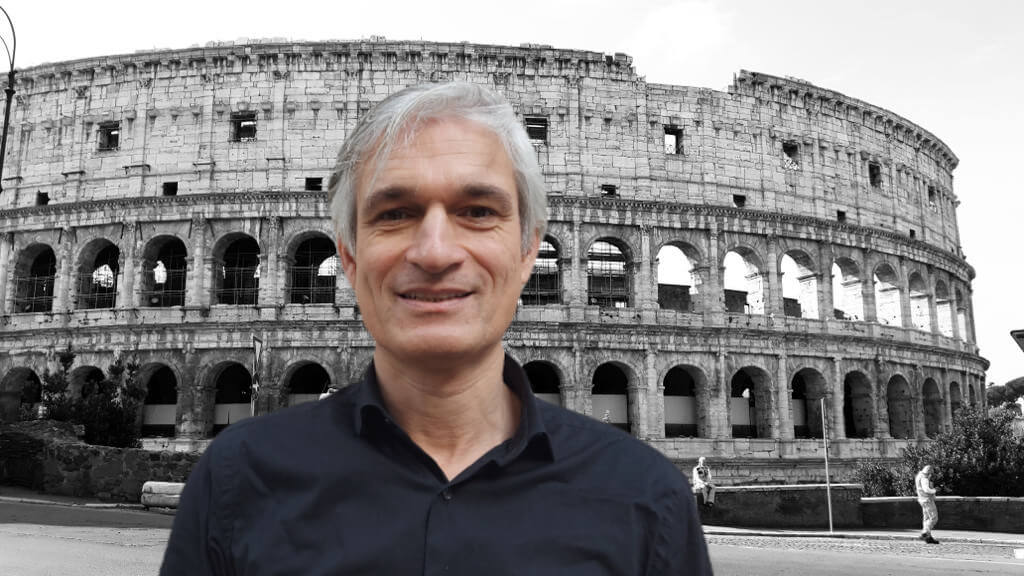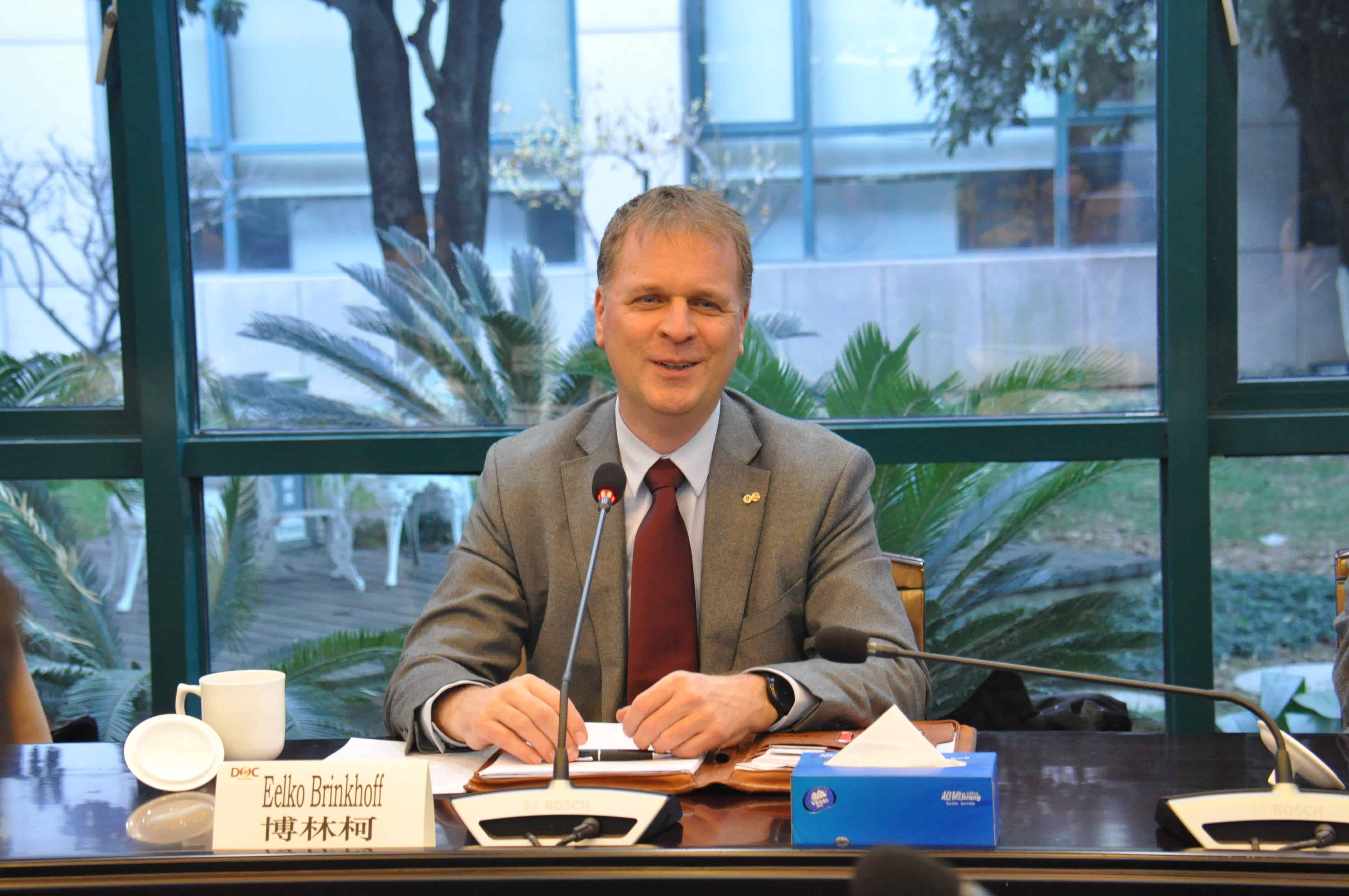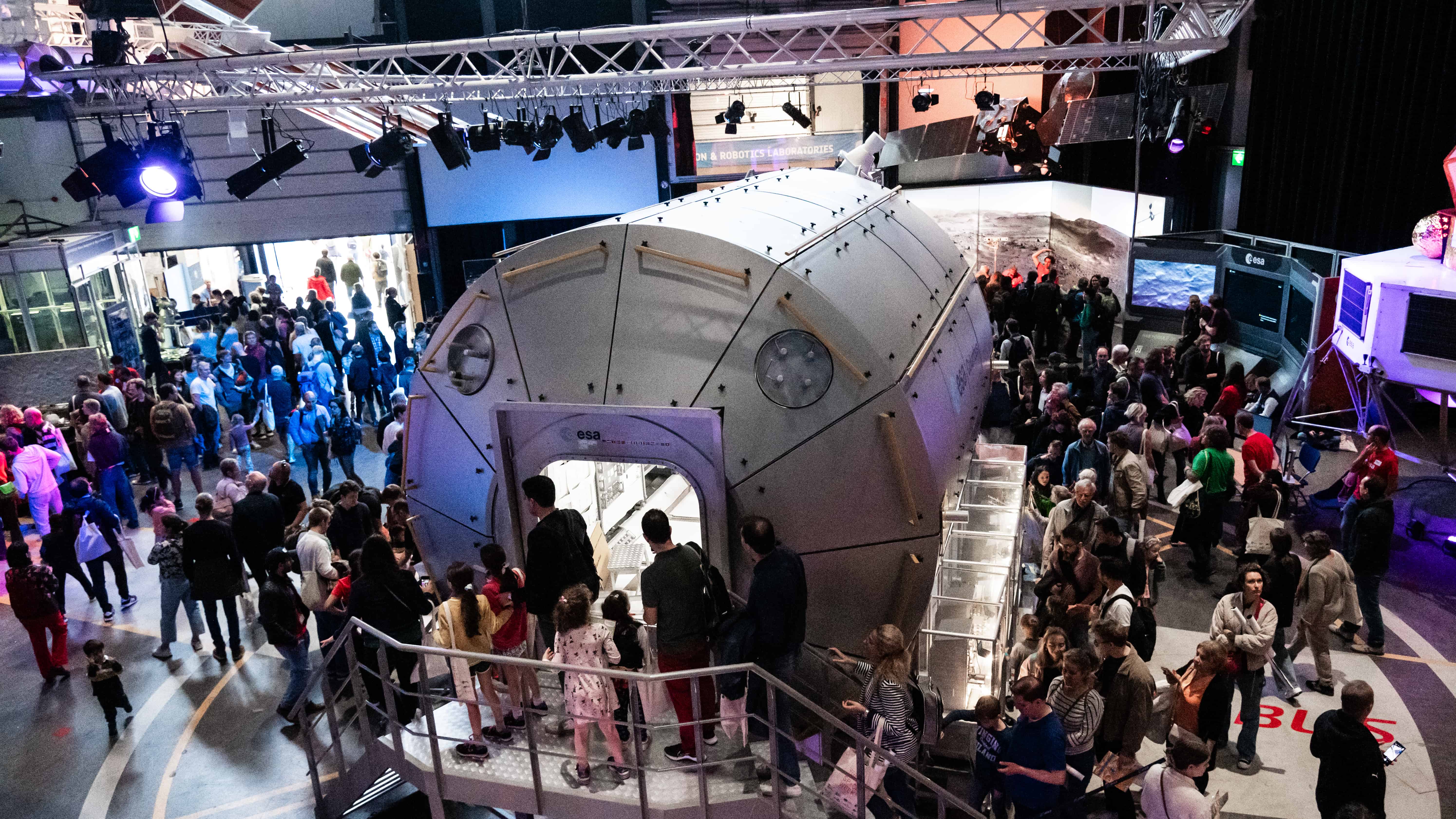
At the moment, the Nieuw Prinsenland industrial estate in the Netherlands is still partially empty. But in just over two years it will be buzzing with activity. Lemken, a German manufacturer of agricultural machinery, will then be opening up its new development and manufacturing facility there. The new facility will employ at least 80 people. That’s worth a mention in the news. North Brabant has always been traditionally strong in the manufacturing industry, but it is not every day that a large international company opts to develop and manufacture their wares in the Netherlands.
Weed control technology
This is in part thanks to Iljan Schouten. He is director of the machinery manufacturing company Steketee from Stad aan ‘t Haringvliet. This company, which specializes in weed control technology and camera-controlled machinery, was acquired by Lemken in 2018. “Steketee’s 40 employees were not entirely comfortable with the acquisition. What does a big player like that, which employs as many as 1,700 people, want with our company? Are we actually going to stay in the Netherlands? But the past 3 ½ years, we have demonstrated what Steketee is worth. We have been able to sustain an annual growth of 25 to 30 percent. Last year, sales even increased by 40 percent. This is how we were able to convince the management of Lemken to stay here. Even better: to expand and invest in the Netherlands,” Schouten says.

After getting the green light from Germany, Schouten started looking for a location. He had a list of criteria that he presented to the Brabant Development Agency (BOM). REWIN, the development company that focuses specifically on West Brabant, also had an important say in the matter.
BOM pointed out the opportunities for Schouten at the Nieuw Prinsenland business park in Dinteloord. “The province of Brabant has historically been strongly linked to agriculture,” says Thijs Taminiau. He heads the department at BOM that handles foreign investments. “Agriculture is currently going through major changes. We’re trying to facilitate that transition in the sector of agri-food and organically-based agriculture as best we can. The great thing about Nieuw Prinsenland is that a cluster of high-quality and innovative agriculture is being developed there.”
Agri-food cluster
Schouten looks back with satisfaction on the collaboration with BOM and REWIN. “The location that we have found is a fantastic and high-quality location that is close to where we are now. Moreover, as an innovative agri-food cluster, it offers quite a few other advantages.” The cluster, which is in full development, has as its anchor a factory of Cosun Beet Company (formerly Suikerunie, part of Royal Cosun). “The opportunity to collaborate in this area is promising. Cosun has its innovation center at Nieuw Prinsenland where they are working on the future of beet cultivation. We are close to them because we have machinery that is specifically designed for the sustainable care of crops in the sugar beet sector.”
Brainport
On top of that, Nieuw Prinsenland also provides points of contact with Brainport. “BOM has strongly inspired us to seek future cooperation with parties from the Brainport region. We already have contacts with Wageningen University & Research and would very much like to collaborate with other partners,” Schouten adds. Lemken’s emphasis on innovation is reflected in the action plan for the 4.9-hectare area on Nieuw-Prinsenland. “In addition to a manufacturing facility and an R&D department, we are also going to set up an experience center. There, we want to welcome customers worldwide but students as well, and provide space for start-ups in the agri-food sector to help them industrialize their ideas.”

The manufacturing facility must become the factory of the future. Schouten is currently busy sparring with designers and architects about how the factory should take shape. “It’s not that difficult to set up the factory for hoeing machinery for the next five years. But I want us to be ready for the more distant future too. The trend is toward autonomous vehicles and robotics. We have to respond to that by designing the spaces meant for such things as a welding robot or a warehouse in a sufficiently flexible way. We want to build a factory in Brabant for machinery that does not yet exist. It’s a matter of thinking ahead.”
Hoeing technology
In any event, the future of Lemken at Nieuw Prinsenland seems highly promising. It is precisely the Steketee’s specializations that are in high demand these days, i.e., mechanical hoeing technology and camera steering systems. Mechanical hoes are back in fashion. New techniques show that mechanical hoes not only lead to more sustainable yields, but are also more effective in use.
Photo: Nicola Lemken (owner of Lemken) and Anthony van der Ley (CEO of Lemken) on the Nieuw Prinsenland site where the ‘factory of the future’ is being built.
Also read about Jacob van den Borne, the Netherland’s most innovative farmer.








